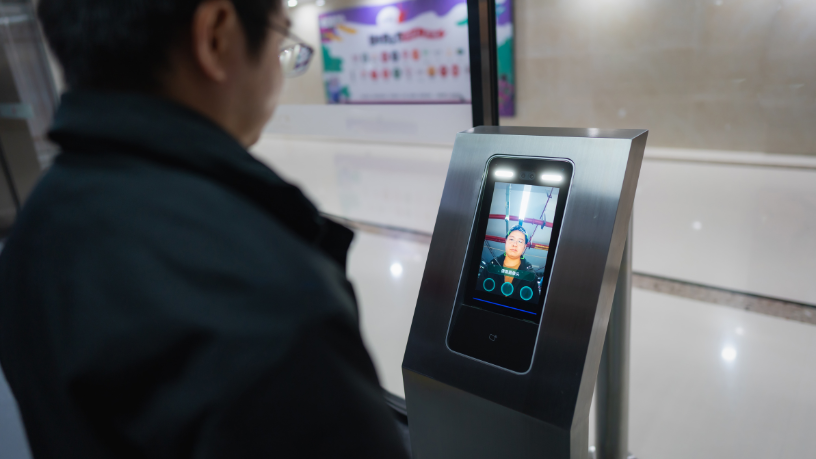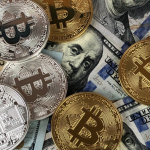In recent years, the use of facial recognition technology has grown significantly, especially at airports around the world. The goal is to enhance security and streamline the movement of passengers, but at the same time, this practice raises questions about privacy and individual rights. Facial recognition technology, already implemented in several airports, allows authorities to perform quick and accurate identity checks of passengers. This technology aims not only to speed up security processes but also to improve the overall efficiency of airports. However, the increasing use of this technology has sparked an intense debate about the social and ethical impacts involved.
Airports in the United States, such as Washington Dulles International Airport, have led the way in implementing this technology. With the introduction of facial recognition scanners, passengers can be quickly and efficiently verified without direct interaction with security agents. This system promises to reduce long lines and improve the traveler’s experience. However, many passengers are unaware that they have the right to opt out of using this technology and instead undergo the traditional visual verification. This raises the issue of how information about passengers’ rights is being communicated and whether people are fully aware of their choices.
In addition to streamlining the security process, facial recognition also has significant implications for national security. The technology offers a way to monitor movements and suspicious behaviors, helping to identify individuals who may pose a threat. However, the widespread implementation of this technology can also be seen as an invasive measure. People may feel uncomfortable with the idea of being constantly monitored, especially without knowing what happens to their biometric data after it is collected. This lack of transparency increases concerns about the misuse of collected information.
To address these challenges, a new bill is being considered in the United States that would limit the use of facial recognition technology at airports and other public areas. The proposal seeks to establish stricter rules for the use of this technology, including explicit consent from passengers and greater transparency regarding the storage and use of collected data. This change is seen as a response to the growing demand for more control over citizens’ privacy and security. The bill is an attempt to balance the need for security with the protection of individual rights.
However, the implementation of facial recognition at airports is not a perfect solution. While the technology can be efficient in many cases, it still faces limitations in terms of accuracy. Studies indicate that facial recognition may be less effective at identifying certain demographic groups, such as people with darker skin tones or specific facial features. This raises concerns about the technology’s accuracy and the risk of discrimination, an important point to consider in the debate over the use of this technology in public spaces.
Moreover, the lack of clear regulation regarding the use of facial recognition technology has fueled the debate over the legal and ethical implications of this practice. The collection of biometric data without proper consent may be seen as a violation of privacy. Concerns about the misuse of collected information are also central to this debate. Without clear rules on the storage and protection of this data, people may feel vulnerable to abuse and exploitation of their personal information.
The rise of facial recognition technology at airports represents a modern dilemma: how to balance security and privacy in an increasingly connected world. On one hand, the technology promises greater efficiency and security, which can be crucial in protecting travelers and ensuring public safety. On the other hand, the unchecked use of this technology could result in excessive monitoring and a greater risk to individuals’ privacy. It is essential that governments and international organizations develop regulations and transparency practices that ensure citizens’ rights are respected.
Finally, the future of facial recognition technology at airports will depend on how privacy and security issues are addressed. The new laws and regulations being proposed may be an important step in ensuring that the use of this technology is done in an ethical and responsible manner. Over time, airports may adopt more advanced systems with a greater focus on protecting passengers’ personal data. The challenge will be to ensure that these systems not only improve security but also respect individuals’ fundamental rights.
In summary, facial recognition at airports represents a significant advancement in the quest for greater security and efficiency, but it also raises crucial questions about privacy and citizens’ rights. With the implementation of appropriate regulations and increased transparency in the use of this technology, it is possible for it to become a valuable tool in improving airport security while also protecting passengers’ privacy. The balance between these two elements will be key to the success of this technological innovation.
Author: Halabeth Gallavan







